The Secret to Safely Investing in Biotech
Seth Klarman was prescient in recognizing that the genomics revolution would supercharge the biotech industry.

Profit and prosper with the best of Kiplinger's advice on investing, taxes, retirement, personal finance and much more. Delivered daily. Enter your email in the box and click Sign Me Up.
You are now subscribed
Your newsletter sign-up was successful
Want to add more newsletters?

Delivered daily
Kiplinger Today
Profit and prosper with the best of Kiplinger's advice on investing, taxes, retirement, personal finance and much more delivered daily. Smart money moves start here.

Sent five days a week
Kiplinger A Step Ahead
Get practical help to make better financial decisions in your everyday life, from spending to savings on top deals.

Delivered daily
Kiplinger Closing Bell
Get today's biggest financial and investing headlines delivered to your inbox every day the U.S. stock market is open.

Sent twice a week
Kiplinger Adviser Intel
Financial pros across the country share best practices and fresh tactics to preserve and grow your wealth.

Delivered weekly
Kiplinger Tax Tips
Trim your federal and state tax bills with practical tax-planning and tax-cutting strategies.

Sent twice a week
Kiplinger Retirement Tips
Your twice-a-week guide to planning and enjoying a financially secure and richly rewarding retirement

Sent bimonthly.
Kiplinger Adviser Angle
Insights for advisers, wealth managers and other financial professionals.

Sent twice a week
Kiplinger Investing Weekly
Your twice-a-week roundup of promising stocks, funds, companies and industries you should consider, ones you should avoid, and why.

Sent weekly for six weeks
Kiplinger Invest for Retirement
Your step-by-step six-part series on how to invest for retirement, from devising a successful strategy to exactly which investments to choose.
Seth Klarman, who has managed the Baupost Group hedge fund since its founding 33 years ago, is a legendary value investor. A sign of the esteem in which he is held is that Margin of Safety, which he wrote in 1991, has become a cult classic. Warren Buffett is rumored to keep a copy near his desk; if you want your own copy, the book, which is out of print, will set you back $1,940 on Amazon. So it has come as something of a shock to Klarman’s bargain-hunting devotees that their hero has emerged in recent years as a wildly successful investor in biotechnology stocks. Biotech? Buffett never touches the stuff. What does Klarman see that the master doesn’t?
Klarman, whose hedge fund today manages $29 billion, wouldn’t respond to questions. But a comment in a letter he sent to his shareholders last year suggests that he has changed with the times. When he sent the letter, he had just quintupled his money in Idenix, a maker of hepatitis C drugs, after it was acquired by Merck, and the biotech portion of his stock portfolio had swollen to 37%. Wrote Klarman: “I am … pleased that this old dog (your Portfolio Manager) is still open (I’m always cautious but open) to learning a few new tricks.”
Klarman was prescient in recognizing that the genomics revolution would supercharge the biotech industry, radically improving the odds of creating successful new drugs. As young biotech firms developed exciting new compounds, larger companies would fight over them, eventually offering billions of dollars for companies that did not yet even have drugs on the market.
From just $107.88 $24.99 for Kiplinger Personal Finance
Become a smarter, better informed investor. Subscribe from just $107.88 $24.99, plus get up to 4 Special Issues

Sign up for Kiplinger’s Free Newsletters
Profit and prosper with the best of expert advice on investing, taxes, retirement, personal finance and more - straight to your e-mail.
Profit and prosper with the best of expert advice - straight to your e-mail.
That insight paid off big for Klarman and other biotech investors. Over the past five years, iShares Nasdaq Biotechnology (symbol IBB), an exchange-traded fund that tracks the sector, returned a whopping 30.7% annualized, more than twice the gain of Standard & Poor’s 500-stock index.
At the end of 2014, Baupost Group owned seven biotech stocks: Atara Biotherapeutics (ATRA, $40), Forward Pharma (FWP, $30), Keryx Biopharmaceuticals (KERX, $11), Kindred Biosciences (KIN, $7), Paratek Pharmaceuticals (PRTK, $26), Theravance (THRX, $17) and Theravance Biopharma (TBPH, $17). (My fund owns Atara, Forward and Paratek; share prices are as of May 1.)
Klarman often reduces risk by picking stocks that give him several ways to win. Consider Forward Pharma. The Danish firm says it patented its version of dimethyl fumarate (DMF), a drug for treating multiple sclerosis, before rival Biogen did. But only Biogen is selling the drug, called Tecfidera; annual sales are running at a rate of more than $3.2 billion a year. Forward, which is challenging Biogen, was told that it would get a patent in Europe in late May and has received a favorable initial patent-interference ruling from U.S. authorities. Plus, a company official tells me, Forward’s version of DMF releases the drug more slowly than Biogen’s, resulting in fewer side effects.
Quadruple threat. Forward, whose shares have rocketed 72% since going public last October, could win in four ways. It could receive royalties on sales of Tecfidera. Biogen could buy it. Forward’s timed-release drug could turn out to be a hit. A large company could buy a big stake in Forward.
Atara has been another huge winner for Klarman. He bought in when the South San Francisco company was still private, and the stock has nearly quadrupled since Atara went public at $11 last October. Moreover, Baupost nearly doubled its stake in late March. Why the enthusiasm? Atara is working on drugs to treat different kinds of cancers and drugs to stem muscle loss.
So has Klarman really found the secret for making biotech investing safe? The answer is a qualified yes. Just own a portfolio of companies with proven technology and multiple ways to win.
Profit and prosper with the best of Kiplinger's advice on investing, taxes, retirement, personal finance and much more. Delivered daily. Enter your email in the box and click Sign Me Up.

-
 Here’s How to Stream the Super Bowl for Less
Here’s How to Stream the Super Bowl for LessWe'll show you the least expensive ways to stream football's biggest event.
-
 The Cost of Leaving Your Money in a Low-Rate Account
The Cost of Leaving Your Money in a Low-Rate AccountWhy parking your cash in low-yield accounts could be costing you, and smarter alternatives that preserve liquidity while boosting returns.
-
 I want to sell our beach house to retire now, but my wife wants to keep it.
I want to sell our beach house to retire now, but my wife wants to keep it.I want to sell the $610K vacation home and retire now, but my wife envisions a beach retirement in 8 years. We asked financial advisers to weigh in.
-
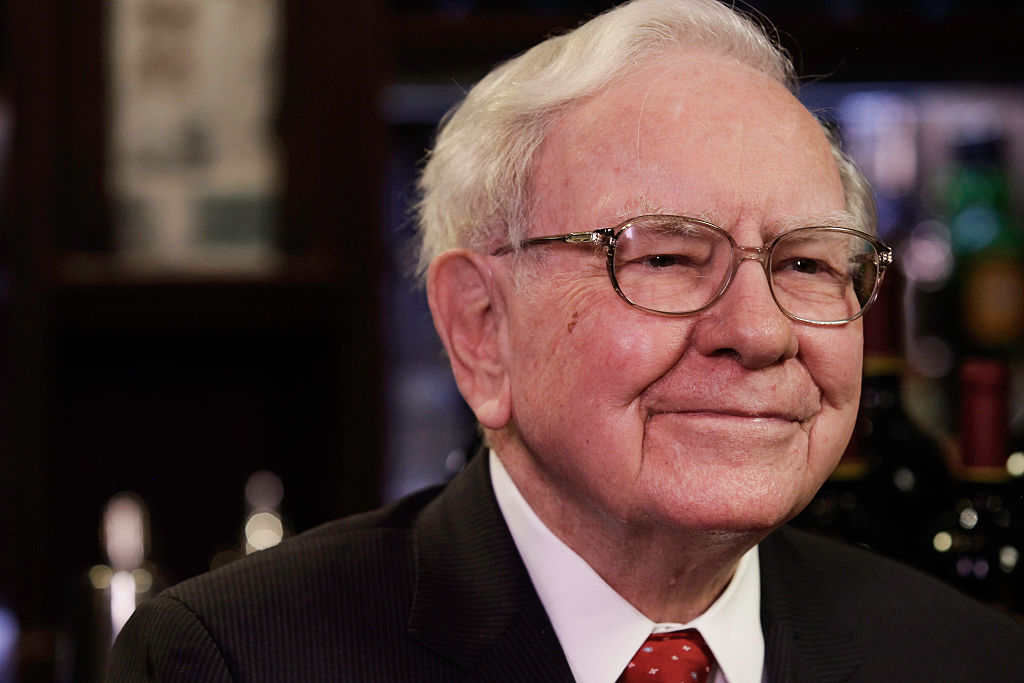 What Made Warren Buffett's Career So Remarkable
What Made Warren Buffett's Career So RemarkableWhat made the ‘Oracle of Omaha’ great, and who could be next as king or queen of investing?
-
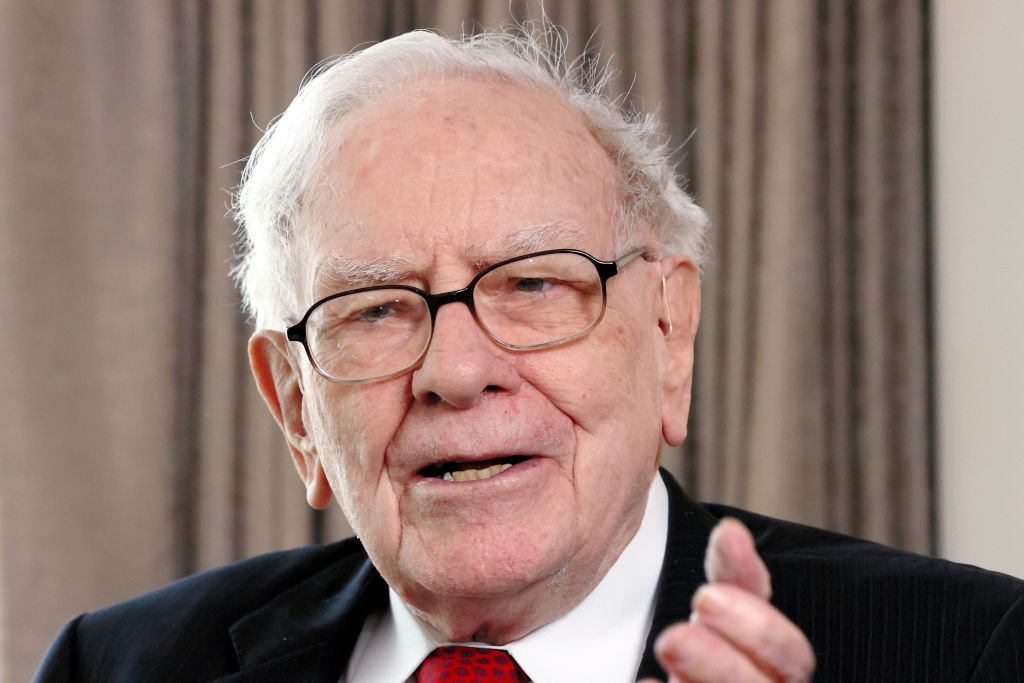 With Buffett Retiring, Should You Invest in a Berkshire Copycat?
With Buffett Retiring, Should You Invest in a Berkshire Copycat?Warren Buffett will step down at the end of this year. Should you explore one of a handful of Berkshire Hathaway clones or copycat funds?
-
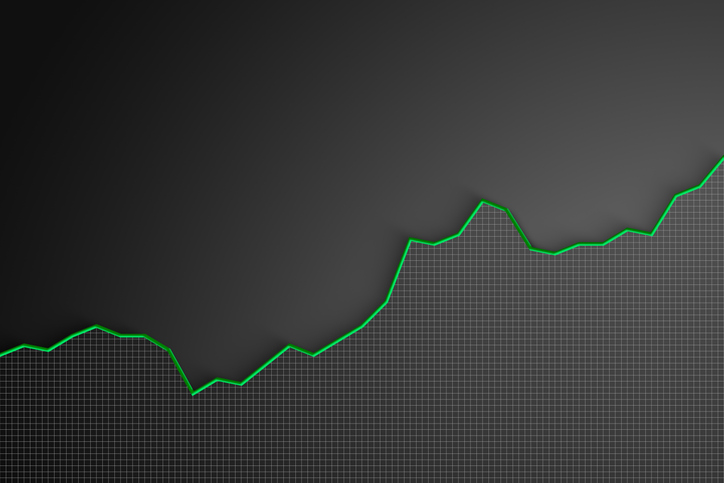 Stocks at New Highs as Shutdown Drags On: Stock Market Today
Stocks at New Highs as Shutdown Drags On: Stock Market TodayThe Nasdaq Composite, S&P 500 and Dow Jones Industrial Average all notched new record closes Thursday as tech stocks gained.
-
 9 Warren Buffett Quotes for Investors to Live By
9 Warren Buffett Quotes for Investors to Live ByWarren Buffett transformed Berkshire Hathaway from a struggling textile firm to a sprawling conglomerate and investment vehicle. Here's how he did it.
-
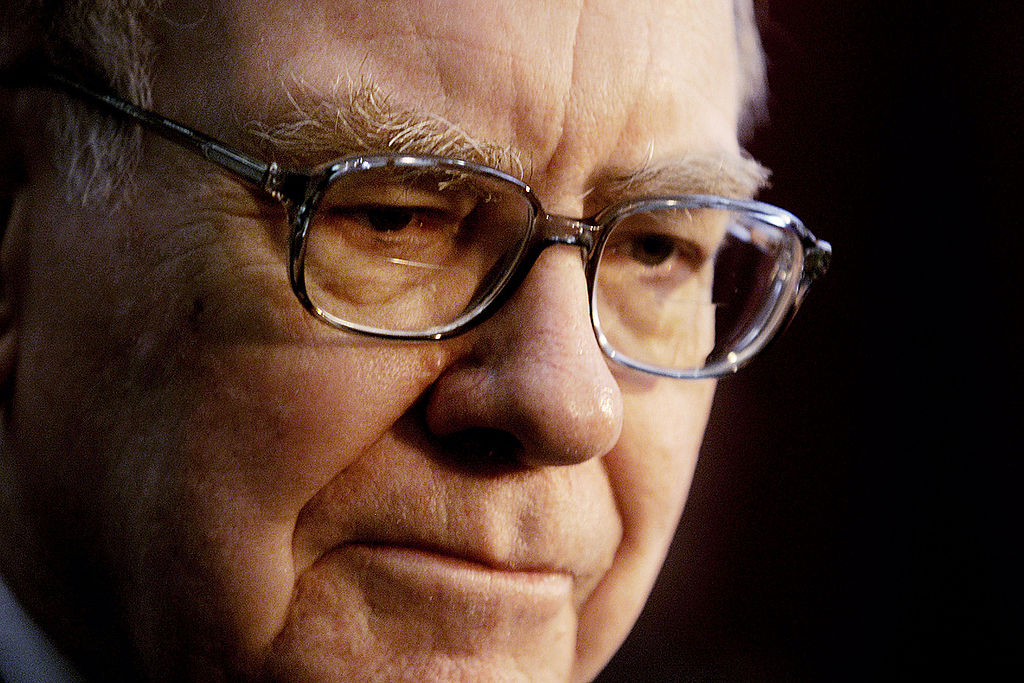 A Timeline of Warren Buffett's Life and Berkshire Hathaway
A Timeline of Warren Buffett's Life and Berkshire HathawayBuffett was the face of Berkshire Hathaway for 60 years. Here's a timeline of how he built the sprawling holding company and its outperforming equity portfolio.
-
 Berkshire Buys the Dip on UnitedHealth Group Stock. Should You?
Berkshire Buys the Dip on UnitedHealth Group Stock. Should You?Buffett & Co. picked up UnitedHealth stock on the cheap, with the embattled blue chip one of the newest holdings in the Berkshire Hathaway equity portfolio.
-
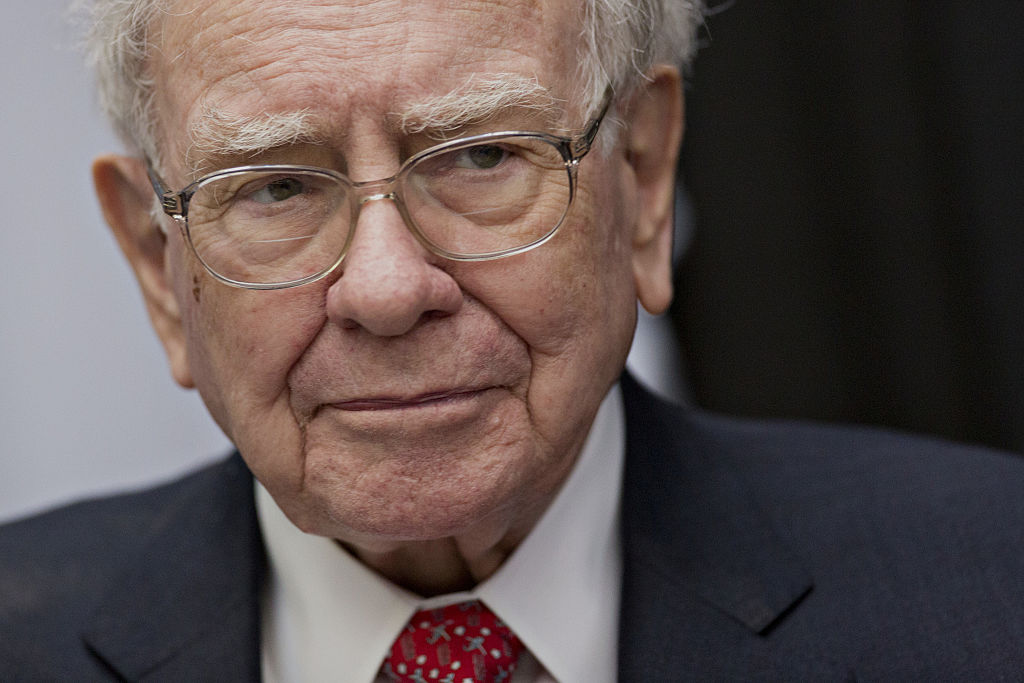 What Set Warren Buffett Apart
What Set Warren Buffett ApartAs Warren Buffett prepares for retirement, we reflect on what we've learned from his 60 years of leadership at Berkshire Hathaway.
-
 Value vs Growth Investing Isn't So Simple
Value vs Growth Investing Isn't So SimpleThe difference between growth and value stocks isn't black and white.